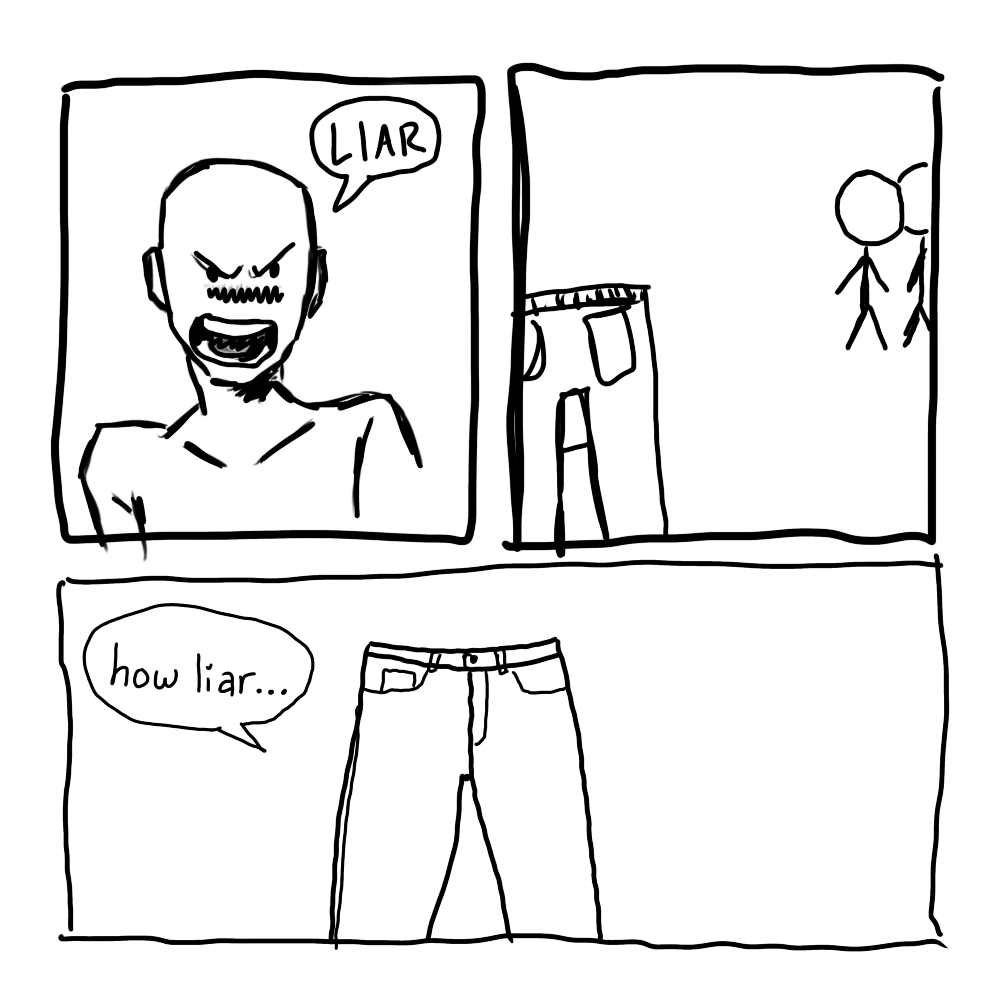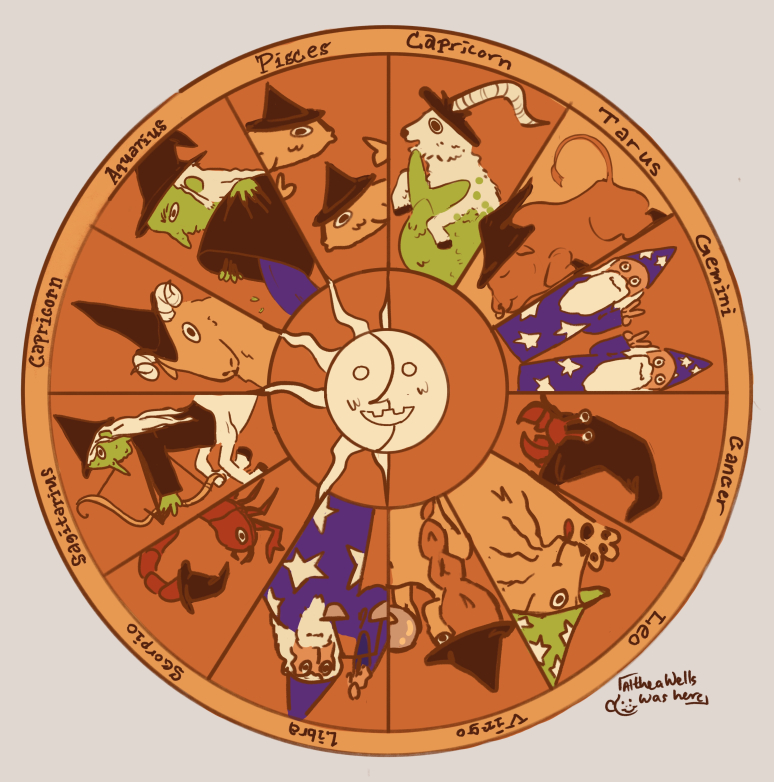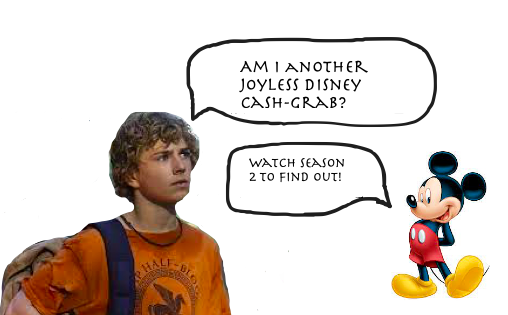This year’s Emmy Awards had some questionable choices; specifically, “Ted Lasso” received zero of the main awards despite season three being, arguably, the most well-written and directed season.
“Ted Lasso” was nominated for Outstanding Comedy Series, Lead Actor, Directing and Writing. In addition, it received two Supporting Actor and two Supporting and Guest nominations, among others, yet it lost all these nominations to “The Bear” and “Abbott Elementary.”
However, due to its flawless characters, directing, plot and literally every other aspect of the show, “Ted Lasso” was the obvious choice. This show depicts a loveable American football coach who moves to England to coach AFC Richmond, a Premier League soccer team. In its three seasons, Lasso spreads optimism and kindness into the lives of the players, fans and coworkers while struggling with severe anxiety from his recent divorce and father’s suicide.
Instead of the modern trend of comedy writing in which writers seem to capitalize on stereotypes and mass-appeal cheap jokes, “Ted Lasso” incorporates well-written, intelligent jokes and classic TV tropes including acquired situational narcissism, astonishingly appropriate interruption and blunt metaphors. Writers Brendan Hunt, Joe Kelly, Brett Goldstein and Jason Sudeikis developed this show to feel like an older, feel-good comedy we all know and love. An example of this incredible writing is when Lasso tells the players he believes in “rom-communism,” or the philosophy everything will work out like how it does in a rom-com. Then, for the rest of the episode, characters repeat classic lines from rom-coms.
These easy-to-miss moments make “Ted Lasso” even more enjoyable upon rewatching. Trust me, I have seen it five times. Plus, the soundtrack of this show was unimaginably good. From The Monkees, The Beatles and the welcomingly numerous Queen songs, “Ted Lasso” has one of the best soundtracks of recent TV shows, and my Spotify Wrapped will certainly reflect this.
The character arcs and acting of “Ted Lasso” are more than worthy of an Emmy. Sudeikis, Hannah Waddingham and Brett Goldstein have won the Best Leading Actor, Leading Actress and Supporting Actor awards for the past two years. However, I really wanted to see Phil Dunster, who plays the formerly cocky Jamie Tartt, win one. His character arc was the most well-done, and his acting was exceptional.
Overall, “Ted Lasso” perfectly encapsulates what it means to believe. In the show, Lasso takes each person individually and shows them how to “believe in believe,” even though it distracts him from fixing his mental health. The show also made me uncontrollably sob — a feat only “My Girl” and, weirdly, “School of Rock” have done before.
The only reason I can fathom why “Ted Lasso” didn’t win a single award is because the judges lack souls. Kidding. In actuality, I suppose the main reason it lost was because of “The Bear.” I assume the producer put “The Bear” in the comedy section despite being a very dramatic show to have a better shot at winning. It unfortunately worked.
As much as I would love to, I cannot change the past to right this tremendous error. The best I, and anyone reading this, can do is make seven different accounts to vote for “Ted Lasso” for the People’s Choice Awards. Maybe that will let this amazing show snag one more award.





















Sandy Loughran • Feb 12, 2024 at 3:23 pm
Spot on. It was a crime. And I totally agree about watching it over and over. I cannot even count how many times I’ve actually seen it from start to finish. Anytime I don’t feel like searching for something to watch, I just put on Ted Lasso, and I feel amazingly content.